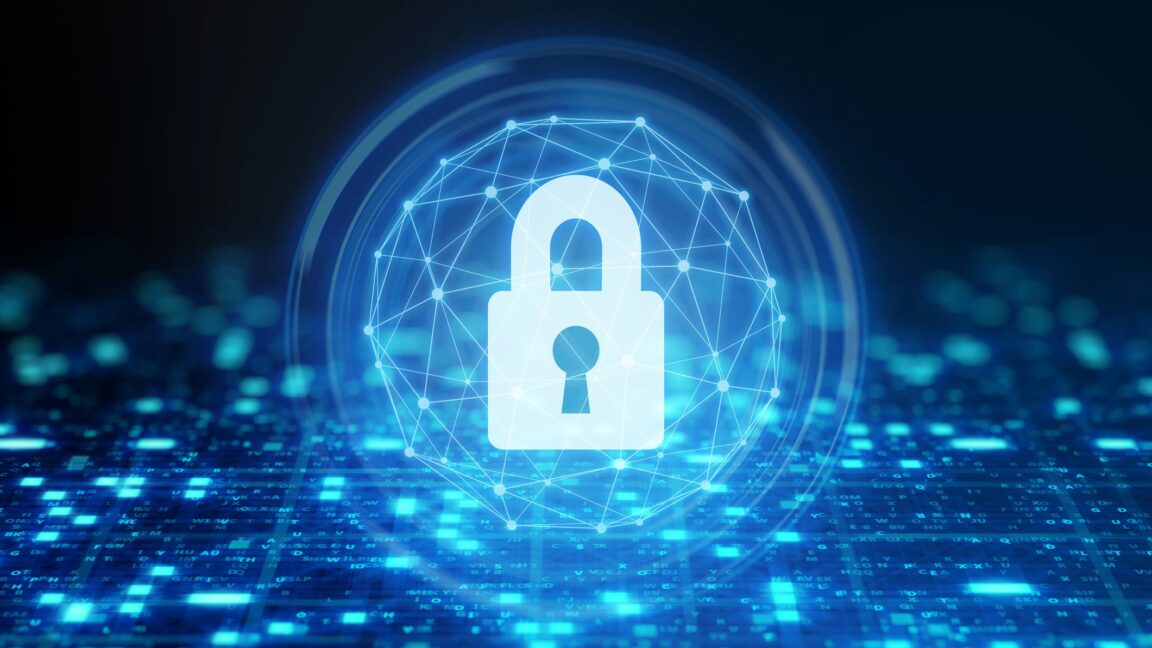The FBI said today that it removed Chinese malware from 4,258 US-based computers and networks by sending commands that forced the malware to use its "self-delete" function.
The People's Republic of China (PRC) government paid the Mustang Panda group to develop a version of PlugX malware used to infect, control, and steal information from victim computers, the FBI said. "Since at least 2014, Mustang Panda hackers then infiltrated thousands of computer systems in campaigns targeting US victims, as well as European and Asian governments and businesses, and Chinese dissident groups," the FBI said.
The malware has been known for years, but many Windows computers were still infected while their owners were unaware. The FBI learned of a method to remotely remove the malware from a French law enforcement agency, which had gained access to a command-and-control server that could send commands to infected computers.
"When a computer infected with this variant of PlugX malware is connected to the Internet, the PlugX malware can send a request to communicate with a command-and-control ('C2') server, whose IP address is hard-coded in the malware. In reply, the C2 server can send several possible commands to the PlugX malware on the victim computer," stated an FBI affidavit that was made on December 20 and unsealed today.
As it turns out, the "PlugX malware variant's native functionality includes a command from a C2 server to 'self-delete.'" This deletes the application, files created by the malware, and registry keys used to automatically run the PlugX application when the victim computer is started.



 Loading comments...
Loading comments...
